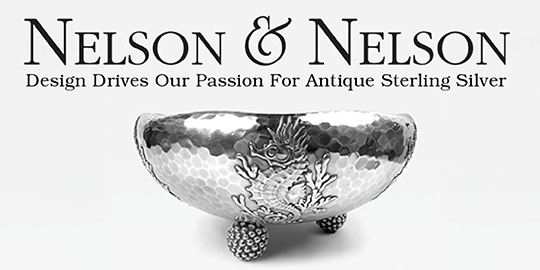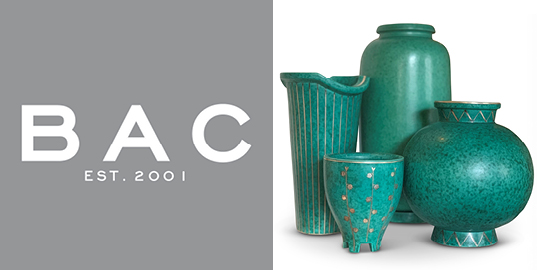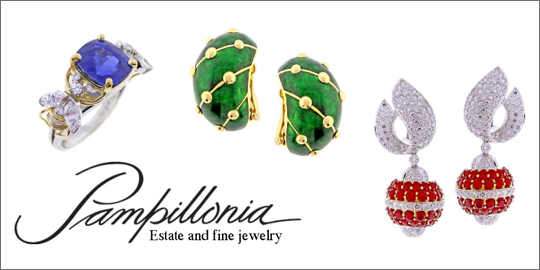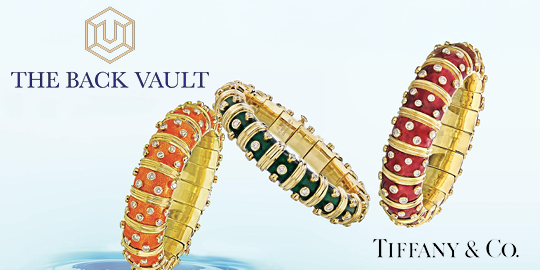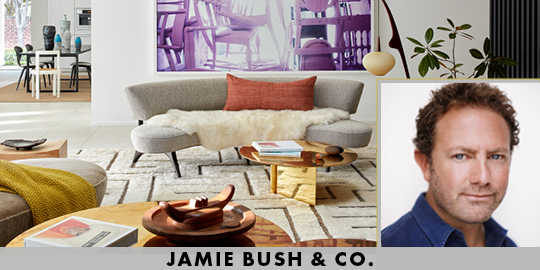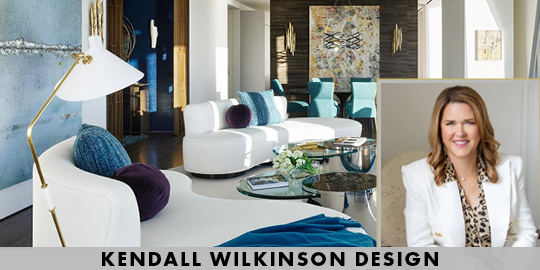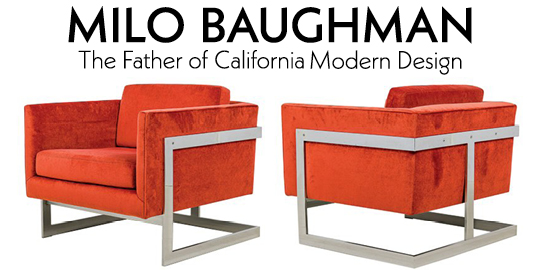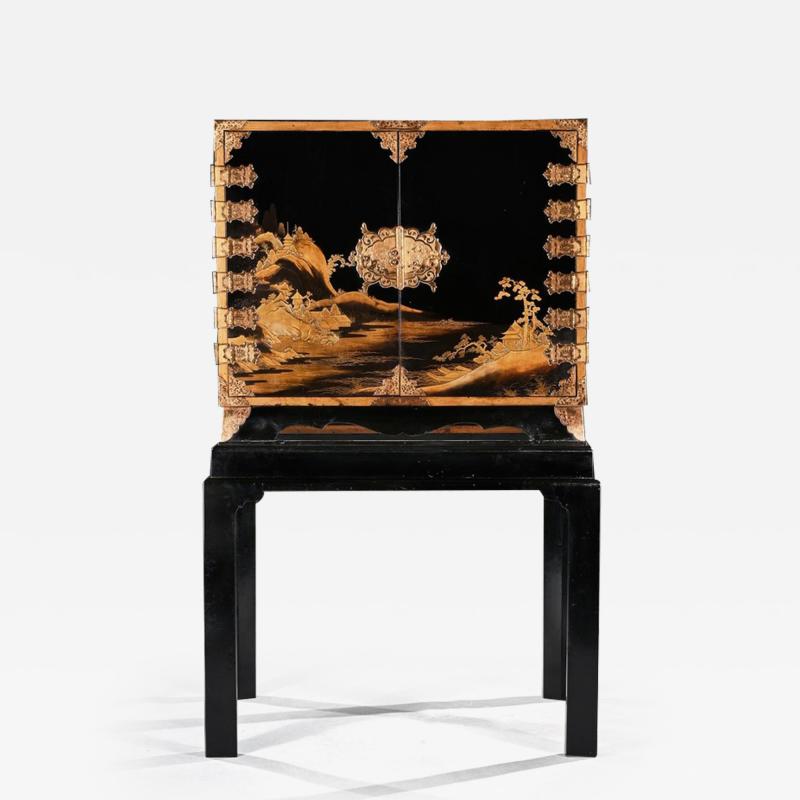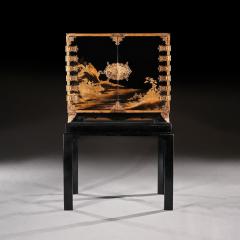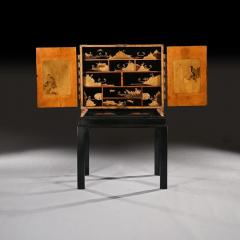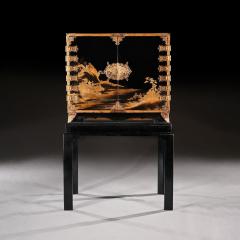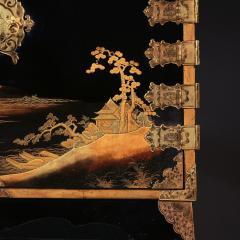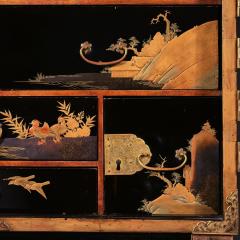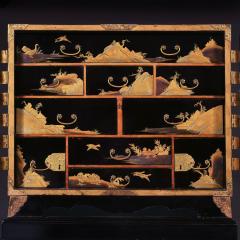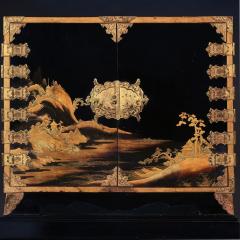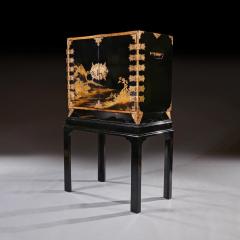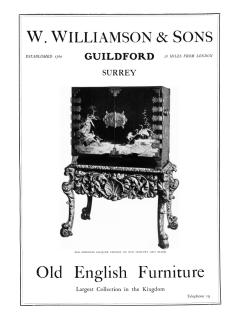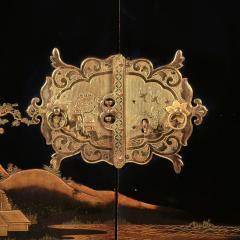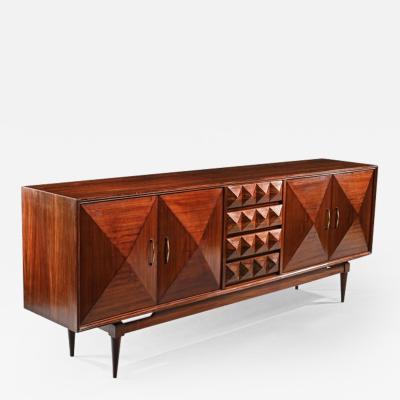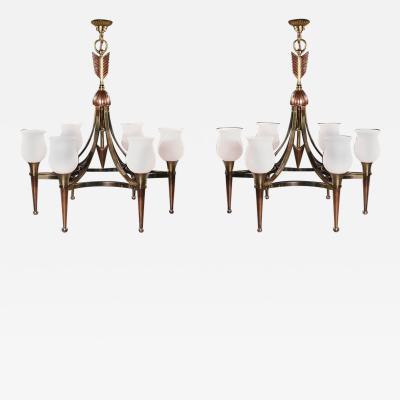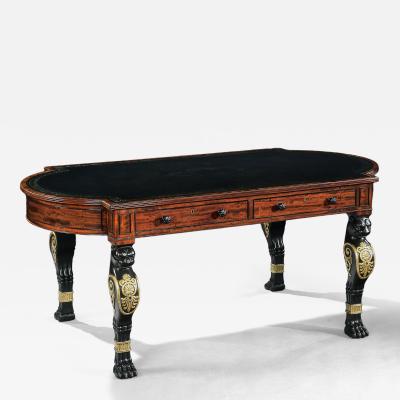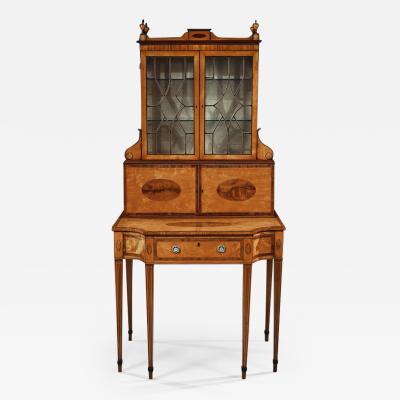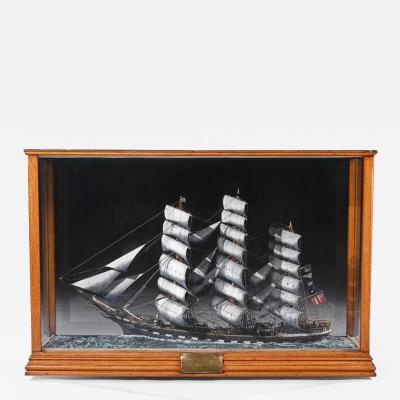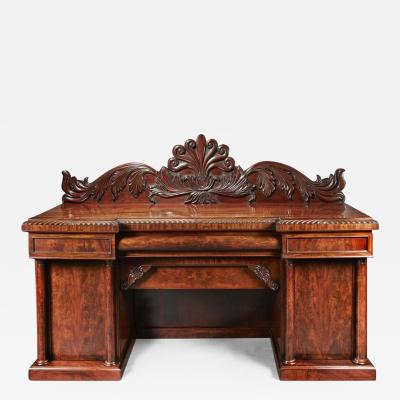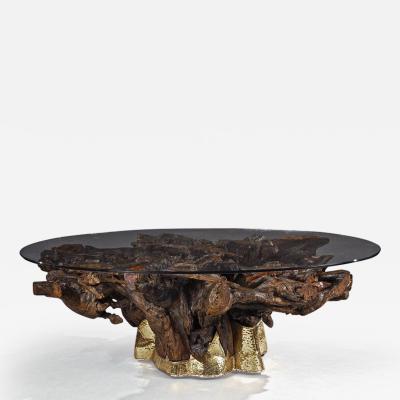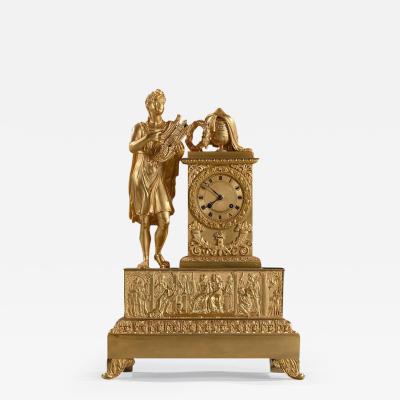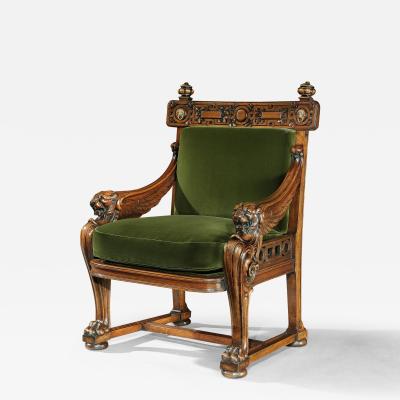An Important Late 17th Century Japanese Lacquered Cabinet Edo Period on Stand
-
Description
An extremely fine, elegant and rare late 17th Century Japanese lacquer cabinet, from the Eco period, on lacquered black stand.
Japanese circa 1690
Provenance
A private Scottish collection
This outstanding cabinet is a fascinating fusion of east and west. The cabinet itself would have been made in Japan, c.1690, and is decorated to the outside with hiramaki-e lacquer. This technique involves the use of sprinkled gold powder which adheres to the lacquer surface. On the best pieces, as with this example, many layers are added in order to create areas of high relief and give depth to the surface decoration. The taste of the Japanese workshops in this period was often for quite restrained pieces with plenty of the black background visible, unlike some of the busier Chinese lacquer or European japanned examples produced around the same time. The Japanese makers seemed content to rely on the outstanding quality of the lacquer itself, regarded by most experts as the finest lacquer ever produced, and did not see the need to cover every surface believing that less was more in this respect. The lacquer here is used to produce a mountainous scene with temples on the bank of a river, the other side of the river with more temples and a contrasting flatter and forested landscape. The fine perspective achieved is the result of the clever use of raised and flatter areas in the lacquer itself in combination with the drawing of the design itself.
Another remarkable aspect of this piece is the fine metalware throughout, but particularly the lockplate / hasp, hinges and foot mounts to the front. This is all beautifully cast and engraved contrasting against the black background. Interestingly another cabinet on stand with near identical metalwork was advertised in the Burlington Magazine, November 1913, with the dealer W. Williamson and Sons of Guildford. The lacquer on that piece is similarly refined and it seems likely that both pieces came from the same workshop.
The European influence in our piece can be seen in the late 18th Century black Japanned stand which is designed in "the Modern" Chinese fashion popularised by Thomas Chippendale's, Gentleman and Cabinet-Maker's Director, 1754. The Japanning to the inside doors consists of two panels with birds of prey perched on branches in colours set against a golden background. The cabinet has a recent Scottish provenance and so it is likely that the ebonised stand was made in Britain after Chippendales 'The Modern' Chinese fashion. Inside the cabinet there is a combination of more Japanese lacquer and lock plates and European drawer handles. Most of the lacquer drawer fronts incorporate mountainous scenes and birds in combination, with a few purely one or the other of the two subjects. Again the lacquer is in excellent condition and is of exceptional quality with multiple layers of relief used in one single scene in many cases.
These early Japanese lacquer cabinets always have integral feet and were shipped to Europe without stands which were always manufactured for them when they arrived at their destination. Due to the Dutch control of the trade with Japan in the 17th century, purchases made by monarchs and leading connoisseurs throughout Europe would have been placed through agents in Amsterdam. Records survive relating to purchases of Japanese lacquer of this sort made by Louis XIII and Louis XIV and the high cost of shipping via another European country added to the luxurious nature of these pieces and the exclusivity attached to ownership of them. It also became increasingly clear to European connoisseurs that Japanese lacquer products were superior to their Chinese equivalents and, as such, the trade in Japanese lacquer became a highly profitable business for the Dutch VOC (East India Company) and the various allied businesses.
Japanese export lacquer evolved in fairly constant, and traceable, ways during the 16th and 17th centuries. The Namban lacquer of the late 16th century was largely in gold on a black ground and extensive use was made of mother of pearl inlay. As the 17th century unfolded, lacquer was generally finer and the amount of mother of pearl used decreased markedly. Coupled with this was an increased interest in a more pictorial form of lacquer with landscapes being used more extensively. Gradually borders began to disappear from export lacquer work so the fact that borders are still in evidence on our piece is further proof of an early 17th century date for the lacquer work. Most early Japanese lacquer arrived in the west through the Portuguese mercantile companies but by c.1630 most of the trade between Europe and Japan was conducted through the Dutch East India Company, as is almost certainly the case with the present piece. The so-called "pictorial style" of Japanese lacquer work was developed around c.1630 specifically to suit the taste of the new Dutch market for such pieces and, as such, this became highly influential throughout the rest of Europe. Lacquer work required painstaking build-ups of layers of sap and pigment which were then sanded back and dried at high levels of humidity. As such, pieces like the present cabinet would take a very long time to produce and this was also a factor in the high prices attached to goods of this sort in both the export and domestic Japanese markets.
As mentioned above, Japanese lacquer is the most technically brilliant of the eastern lacquers and, as such, was highly prized by collectors and connoisseurs throughout Europe when this piece was made. The acquisition of such pieces would only have been possible for a small group of incredibly wealthy individuals, largely royal or high ranking courtiers or merchants connected with the East India trade. Comparable examples survive in several important collections such as a pair at Shugborough
https://www.nationaltrustcollections.org.uk/object/1270691.1.1
https://www.nationaltrustcollections.org.uk/object/1270691.1.2
one at Kingston Lacy
https://www.nationaltrustcollections.org.uk/object/1254479
and one at Ham House, perhaps the most important house for lacquer pieces outside of the royal collections
https://www.nationaltrustcollections.org.uk/object/1140084.1
Pieces of this quality are very rarely encountered on the market and this is a true collector's piece today, just as it was when it was first made. One example from the art market and with a closely comparable stand to our piece was sold by the Duke of Devonshire from Chatsworth House on the 5th of November 2019 at Sotheby's, lot 107 Realising £125,000
https://www.sothebys.com/en/buy/auction/2019/fine-japanese-art/a-fine-and-rare-lacquer-cabinet-with-silver-mounts
Width: 38 1/2 inches - 98cm
Height: 62 inches - 157cm
Depth: 22 inches - 56cm -
More Information
Origin: Japan Period: Pre 18th Century Condition: Good. Creation Date: Circa 1690 Styles / Movements: Asian, Traditional Dealer Reference #: 3027 Incollect Reference #: 734393 -
Dimensions
W. 38.5 in; H. 62 in; D. 22 in; W. 97.79 cm; H. 157.48 cm; D. 55.88 cm;
Message from Seller:
Loveday Antiques, established in London in 1969 and now run by Alexander in Hertfordshire, specializes in an eclectic mix of 18th, 19th, and 20th-century European furniture and works of art. For inquiries, please contact info@lovedayantiques.co.uk or call 01438 869819—our showrooms are open by appointment, offering a relaxed, personalized experience for collectors and designers.







